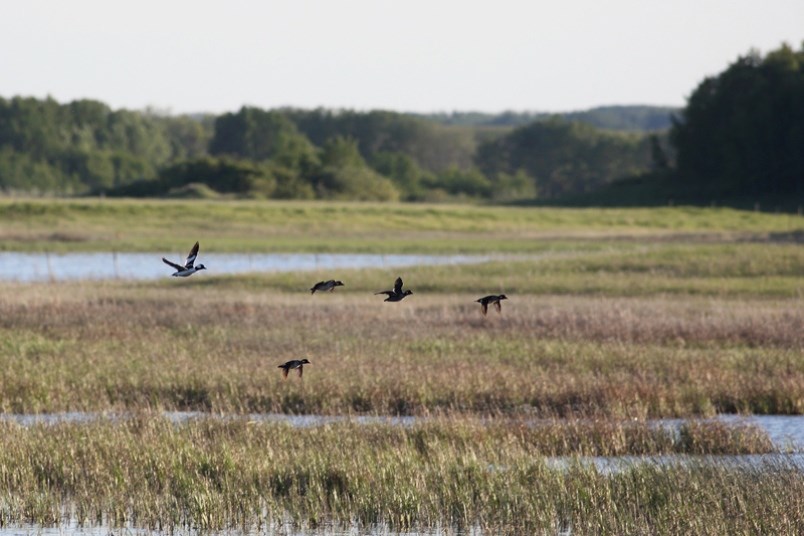YORKTON - There are times, when you have written a column weekly for more than 30 years, coming up with a topic to fill this space is a chore – a chore seeming harder than cleaning stalls like I did when I was a youth on the farm.
Thankfully, this week the topic was rather obvious.
As it turns out, March 22, the date this column will first see print, happens to be World Water Day.
World Water Day became a UN observance day in 1993. It seeks to focus attention on the global water crisis.
At first glance, a day dedicated to water might not seem likely a particularly agriculture topic, but ultimately water is pretty much essential to everything farming once you think about it a moment.
Crops simply don’t grow without moisture, something farmers are all too familiar with. If timely rains do not happen, neither does a good harvest, and that impacts our food supply.
Now a drought, even over an area as large as the Canadian Prairies doesn’t mean starvation, at least if the drought is only a year, or two long, but it will push up grain prices, and higher prices are a hardship to poor countries and their people.
For many higher value crops, vegetables and fruits, irrigation helps prevent drought, but you need a source of water for irrigation, and that can lead to some issues.
The same sources of water may also be used for communities, the water coming from the taps of residents, and that is used by industry too.
Imagine a longer-term drought and dwindling sources of water. At that point who gets that water?
We don’t often think about water security, although there have been incidents which showed how fragile the resource is.
For example, in 2001 there was an outbreak of cryptosporidiosis which occurred in North Battleford where thousands of people got sick including about 50 people hospitalized. The source of the outbreak was from the city's surface water treatment plant.
And, in 2000, there was the Walkerton E. coli outbreak the result of a contamination of the drinking water supply of Walkerton, Ont. with E. coli and Campylobacter jejuni bacteria.
So our water resource can be far more fragile thing than we think about often.
But water, whether out of the tap to drink, or to fuel manufacturing and crop growth is essential.
Celebrated annually World Water Day raises awareness and inspires action to tackle the water and sanitation crisis, but only if we take the time to think about our water resource.

